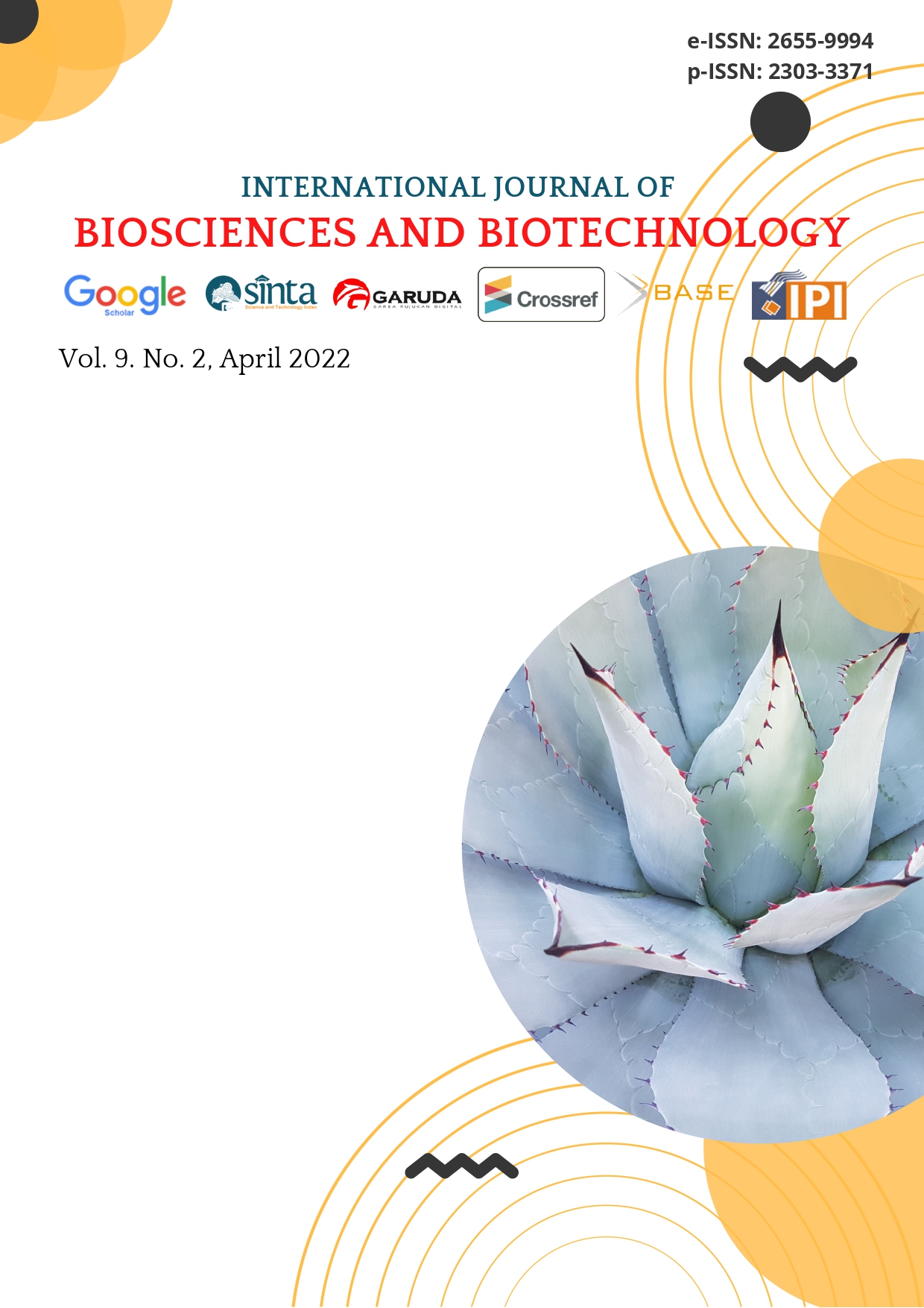MOLECULAR DETECTION OF PORK CONTAMINATION IN BEEF SOLD IN TRADITIONAL MARKETS, YOGYAKARTA, INDONESIA
Abstract
Beef is one of the animal protein sources needed by the body to meet nutritional requirements. Consequently, fresh beef (whole or milled) is one of the highest-demanded comestibles on the market. Some meat kiosks in Yogyakarta traditional markets are also in service of milling whole meat. However, reports are stating that some kiosks are neglecting aspects concerning halal. One of those aspects is separating tools used to process beef and pork. Reports said that kiosk owners fail to meet that essential requirement causing Muslims to be at risk of consuming contaminated beef without their knowledge. Hence, this study aims to examine whether fresh and ground beef obtained from Pasar Pathuk and Pasar Kranggan, Kota Yogyakarta, is free from pork contamination. The examination was carried out using Polymerase Chain Reaction (PCR) on 14 samples of seven fresh and seven ground beef obtained from both markets. DNA isolation from all samples was done using FavorGen® FavorPrepTM Tissue Genomic DNA Extraction Mini Kit. Isolated DNA was further examined by PCR analysis using P14 and MTCB primers. Results showed that P14 primers could amplify the PRE-1 gene (481 bp) designed as a pork molecular marker only on positive control (fresh pork); meanwhile, MTCB primers could amplify the cytochrome b gene (1141 bp) designed as a mammal molecular marker on all samples involved in this research. Based on the results, we concluded that both fresh and ground beef sold in Pasar Pathuk and Pasar Kranggan, Yogyakarta are not contaminated by pork DNA.






